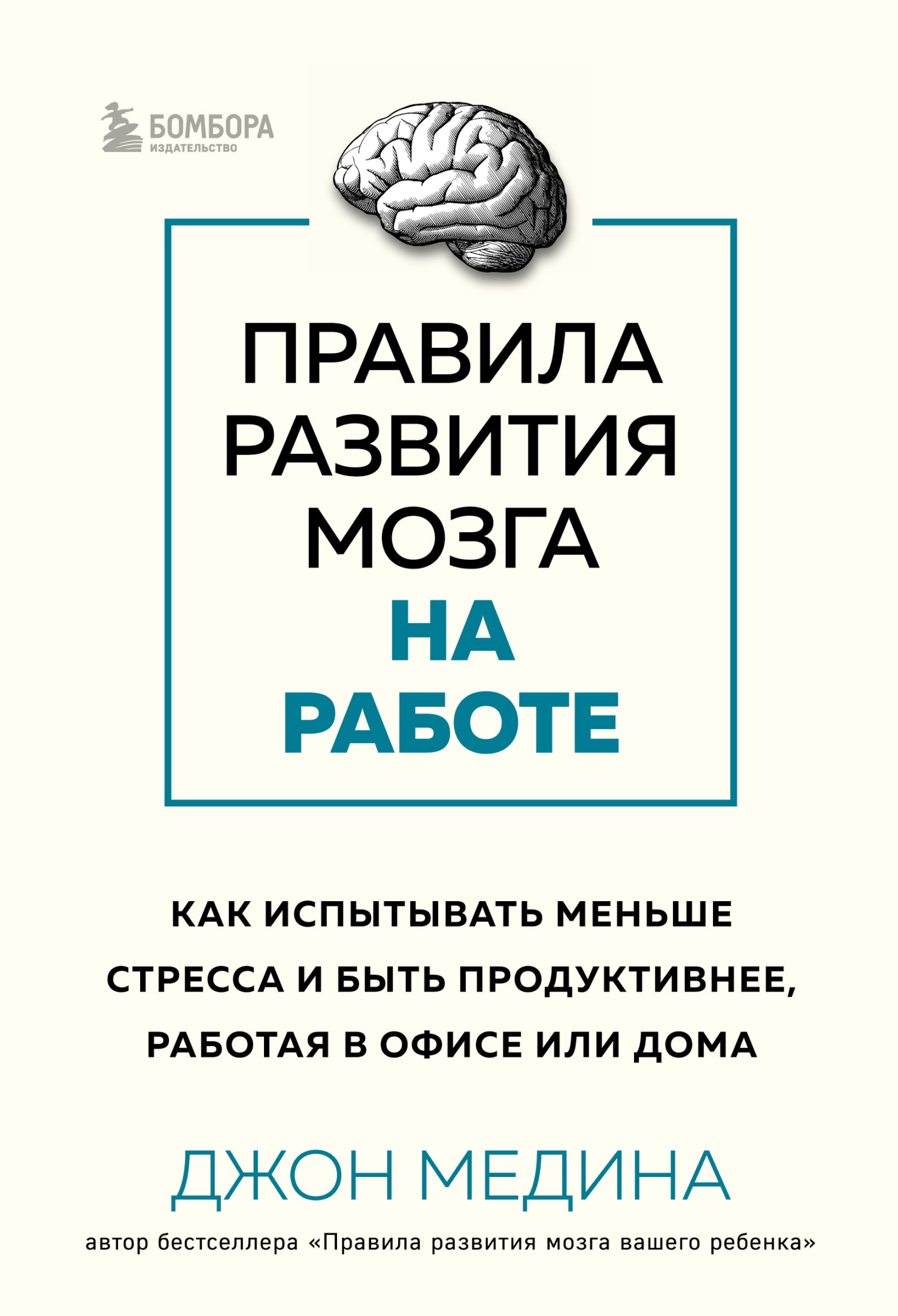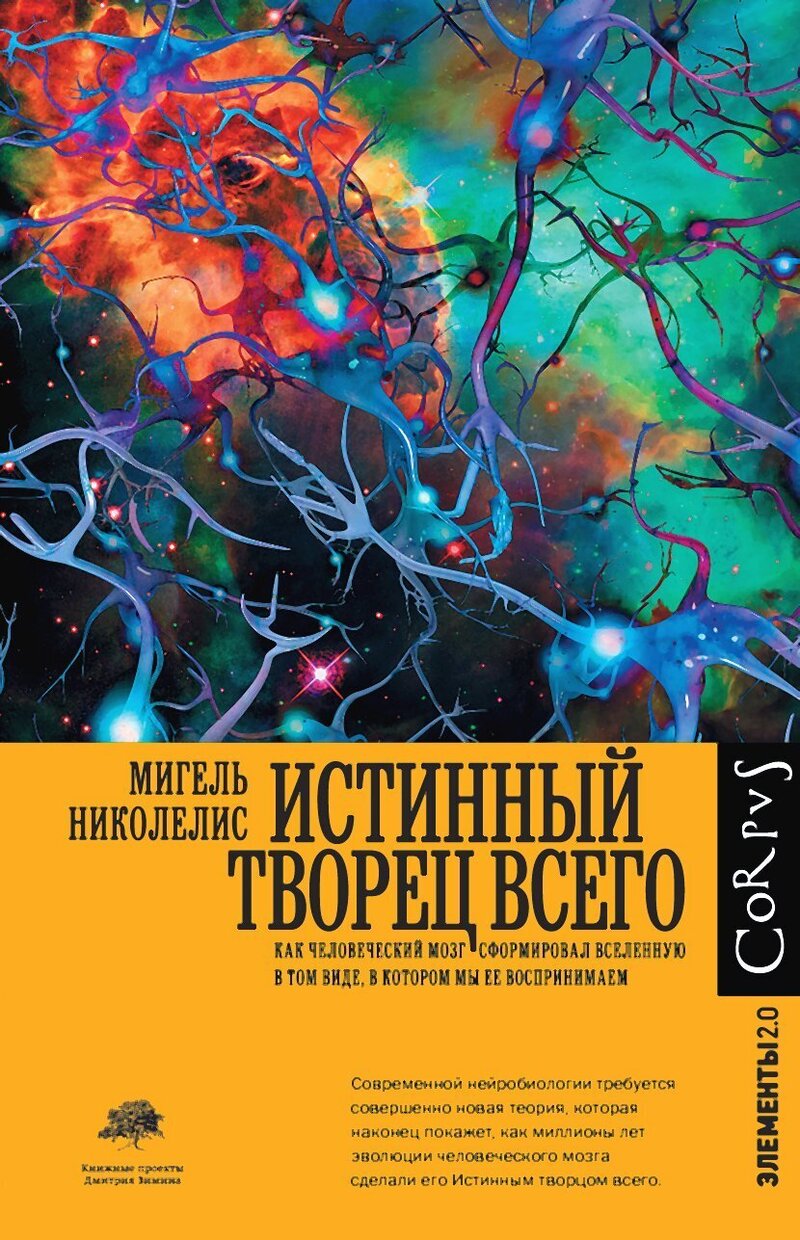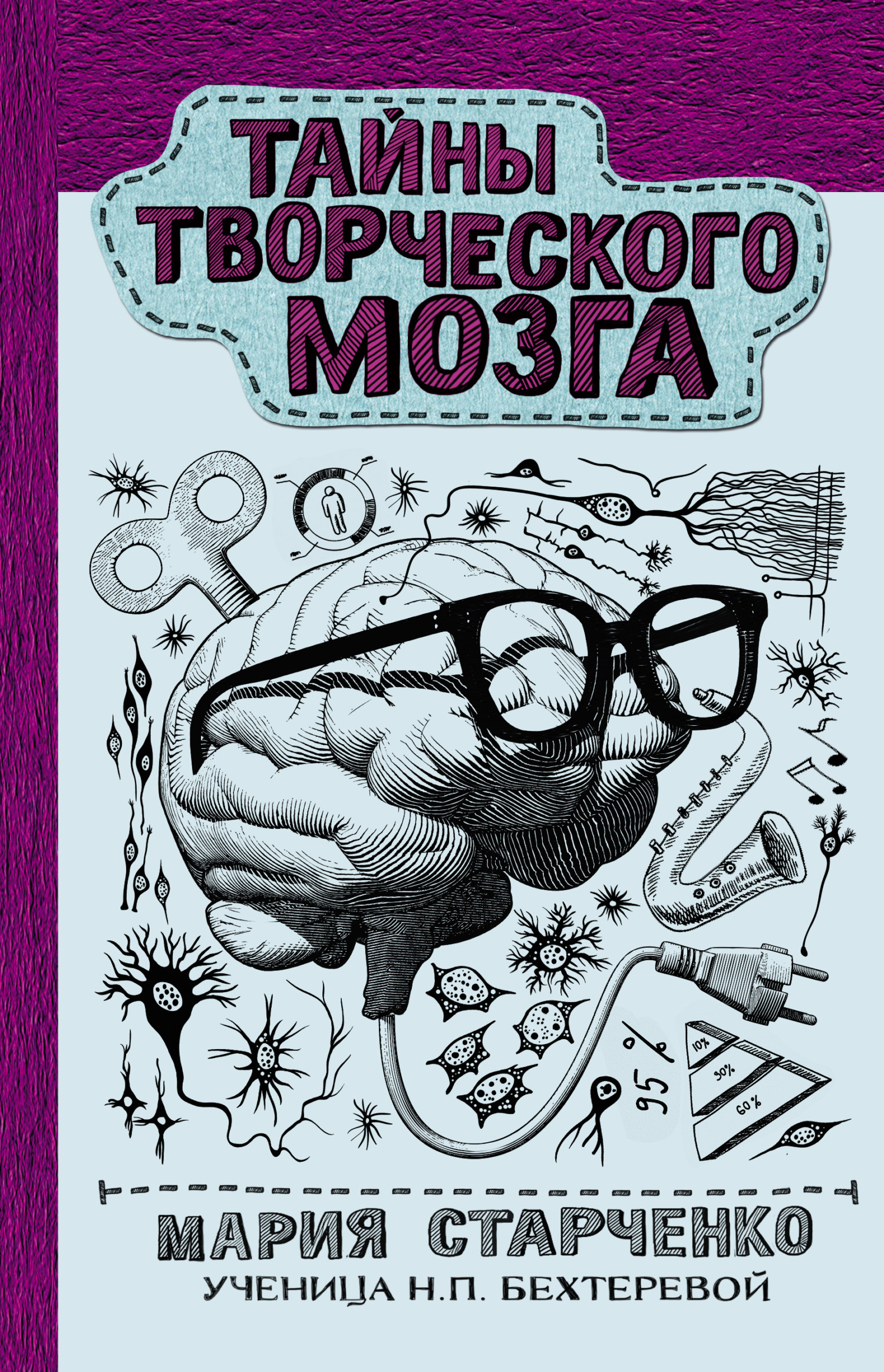Книга Ландшафты мозга. Об удивительных искаженных картах нашего мозга и о том, как они ведут нас по жизни - Ребекка Шварцлоуз
На нашем литературном портале можно бесплатно читать книгу Ландшафты мозга. Об удивительных искаженных картах нашего мозга и о том, как они ведут нас по жизни - Ребекка Шварцлоуз полная версия. Жанр: Книги / Разная литература. Онлайн библиотека дает возможность прочитать весь текст произведения на мобильном телефоне или десктопе даже без регистрации и СМС подтверждения на нашем сайте онлайн книг knizki.com.
Шрифт:
-
+
Интервал:
-
+
Закладка:
Сделать
Перейти на страницу:
Перейти на страницу:
Внимание!
Сайт сохраняет куки вашего браузера. Вы сможете в любой момент сделать закладку и продолжить прочтение книги «Ландшафты мозга. Об удивительных искаженных картах нашего мозга и о том, как они ведут нас по жизни - Ребекка Шварцлоуз», после закрытия браузера.
Книги схожие с книгой «Ландшафты мозга. Об удивительных искаженных картах нашего мозга и о том, как они ведут нас по жизни - Ребекка Шварцлоуз» от автора - Ребекка Шварцлоуз:
Комментарии и отзывы (0) к книге "Ландшафты мозга. Об удивительных искаженных картах нашего мозга и о том, как они ведут нас по жизни - Ребекка Шварцлоуз"
























